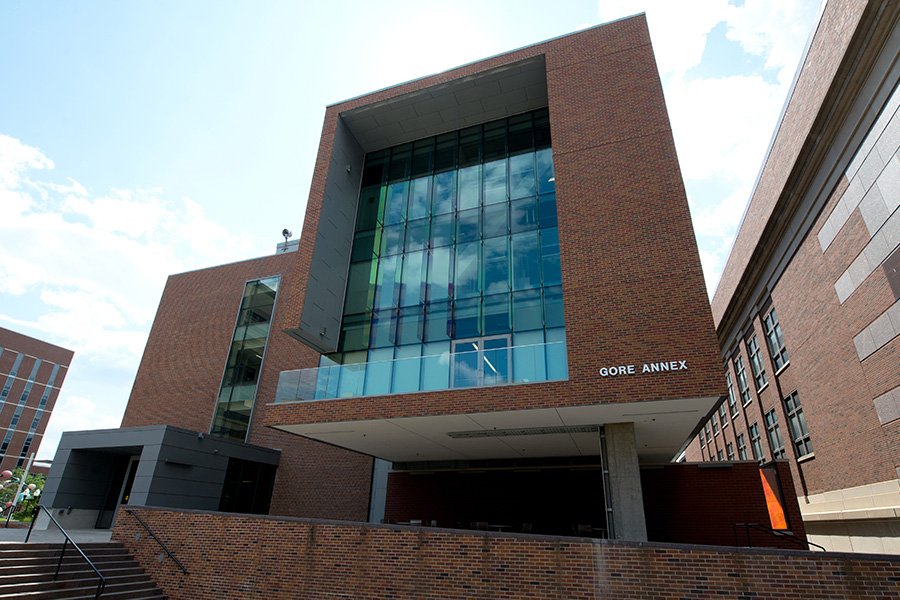New program will train next generation to use AI for improving energy security, sustainability, and human health

Training will bring together experts in chemical engineering, biological engineering, chemistry, materials science, and data science
MINNEAPOLIS / ST. PAUL (09/17/2024) — The University of Minnesota will receive $3 million over the next five years from the National Science Foundation Research Traineeship (NRT) program to fund a new program that will train scientists and engineers to use artificial intelligence (AI) for improving energy security, environmental sustainability, and human health.
The goal of the program, named Data-Driven Discovery and Engineering from Atoms to Processes (3DEAP), is to bridge chemical, biological, and materials engineering with data science and systems engineering through convergent education and research activities and industry-university collaborations. The project anticipates training 150 masters and doctoral students including 25 funded trainees across disciplines.
Prodromos Daoutidis, a Distinguished Professor in the University of Minnesota Department of Chemical Engineering and Materials Science (CEMS) and Director of the Master of Science program in Data Science for CEMS, will serve as the director of the new training program. The team of core faculty participants are from CEMS, the Department of Chemistry, Department of Aerospace Engineering and Mechanics, and the Department of Computer Science and Engineering.
"Data science is increasingly shaping the design of new materials, chemicals, and pharmaceuticals. However, the current lack of adequate data and efficient methods for screening all possible materials for a given application is a major challenge. In addition, the discovery of a new material and the engineering of the process to produce it are now typically addressed separately in what ends up being a very inefficient approach,” Daoutidis said.
“3DEAP, our new training program, will bring together experts in materials, data science, and systems engineering to collaboratively tackle these challenges, and maximize our ability to discover and produce novel materials that make an impact on our everyday life. It will also train a new generation of scientists and engineers who can realize this vision," Daoutidis added.
The center will train graduate students to work across common disciplinary boundaries by integrating data-driven methods into more traditional education programs. It will develop innovative curricula and collaboratively tackle multi-faceted research problems in energy, sustainability, and health.
The program will also include industry-university collaborations through short courses and forums and an outreach and recruiting program that will focus on students from socio-economically disadvantaged and/or low-level educational populations attending undergraduate programs in the Twin Cities metro area.
